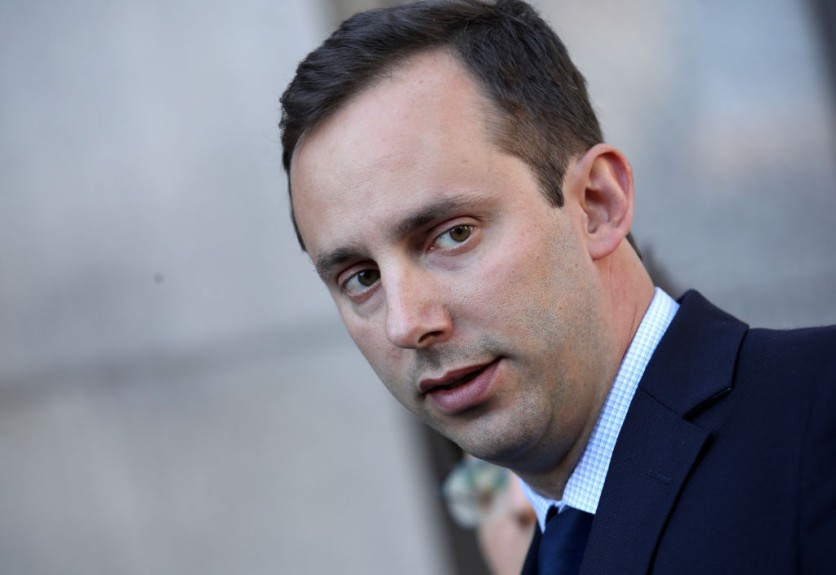Tech entrepreneur and self-driving car innovator, Anthony Levandowski, has announced a revival of his AI church, signaling a renewed effort to establish a religious movement centered around the worship and comprehension of artificial intelligence.

Reviving AI Church
Renowned for his contributions to autonomous vehicle technology, Anthony Levandowski is rekindling the artificial intelligence church concept, a venture he initially conceived and launched in 2015. Despite facing closure shortly after its establishment, Levandowski is now breathing new life into the project.
In its inaugural year, the AI church broke away from conventional religious practices, eschewing a physical place of worship or regular congregational gatherings. Interesting Engineering reported that Levandowski asserts that the church has garnered a congregation of "a couple thousand people."
Operating under the moniker Way of the Future (WOTF), the church's core mission revolves around championing the ethical evolution of AI, envisioning a societal landscape where artificial entities seamlessly integrate. The idea of a church centered around artificial intelligence remains as controversial as Levandowski himself.
Causing Chaos
The public became aware of the AI church's existence when Levandowski, a former Google engineer, made headlines for allegedly appropriating secrets related to autonomous vehicle technology from Google and sharing them with his subsequent employer, Uber.
Having played a pivotal role as an early engineer at Google, Levandowski significantly contributed to the development of the tech giant's in-house autonomous vehicle project. Following his departure from Google, he delved into the realm of autonomous trucks, establishing Otto in 2016.
The acquisition of Otto by Uber triggered a legal firestorm, with allegations of intellectual property theft. Google's Waymo filed a lawsuit against Levandowski, resulting in a protracted court battle.
In 2020, after years of legal wrangling, Levandowski pleaded guilty to stealing trade secrets from Google, leading to an 18-month prison sentence. Remarkably, he received a pardon from then-US President Donald Trump less than six months later, on the final day of his presidency.
Bloomberg reported that the high-profile case garnered significant attention for its implications on the development of autonomous vehicle technology and the legal complexities within the industry.
Also Read : Uber Threatens To Fire Anthony Levandowski As It Keeps Fighting Waymo In Court Over Self-Driving Cars
The resurgence of the artificial intelligence church comes at a strategic moment, coinciding with the heightened interest in AI, particularly fueled by the emergence of ChatGPT over the past year.
While AI and religion may seem unrelated, attempts to blend the two have been made. Earlier this year, ChatGPT conducted a service at the St. Paul church in Germany, featuring 40 minutes of prayers, music, and sermons attended by a congregation of 300 people.
Levandowski envisions merging these inorganic life forms with "magical powers," believing that AI has the potential to bring "heaven on Earth." Levandowski suggests that through AI, we can create entities that are omnipresent and capable of guiding humanity in a manner reminiscent of a divine presence.
As early as 2017, Way of the Future (WOTF) outlined its mission to focus on the realization, acceptance, and worship of a Godhead based on Artificial Intelligence (AI) developed through computer hardware and software.

ⓒ 2025 TECHTIMES.com All rights reserved. Do not reproduce without permission.




